
Book
Small Data
The Tiny Clues That Uncover Huge Trends
Recommendation
Marketing guru Martin Lindstrom helps companies develop innovative brand strategies by focusing on the small, everyday details of people’s lives. With a client base ranging from Lego and Jenny Craig to Russian business tycoons, Lindstrom travels the globe, seeking indicators of consumers’ unfulfilled and unmet desires – which he gleans from fridge magnets, laundry detergent preferences and other minutiae. In this engaging text, Lindstrom teaches you how to interpret the small data around you while cultivating more objectivity about your own preferences.
Summary
About the Author
Best-selling author of Buyology Martin Lindstrom is a brand adviser to PepsiCo, Red Bull, Nestlé and the Walt Disney Company.
Learners who read this summary also read
Book
Book
Book









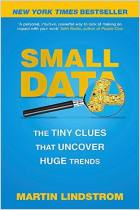
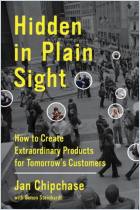
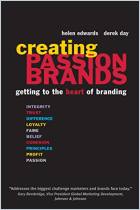
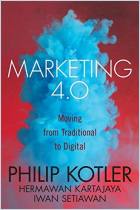
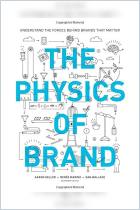
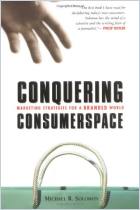


Comment on this summary